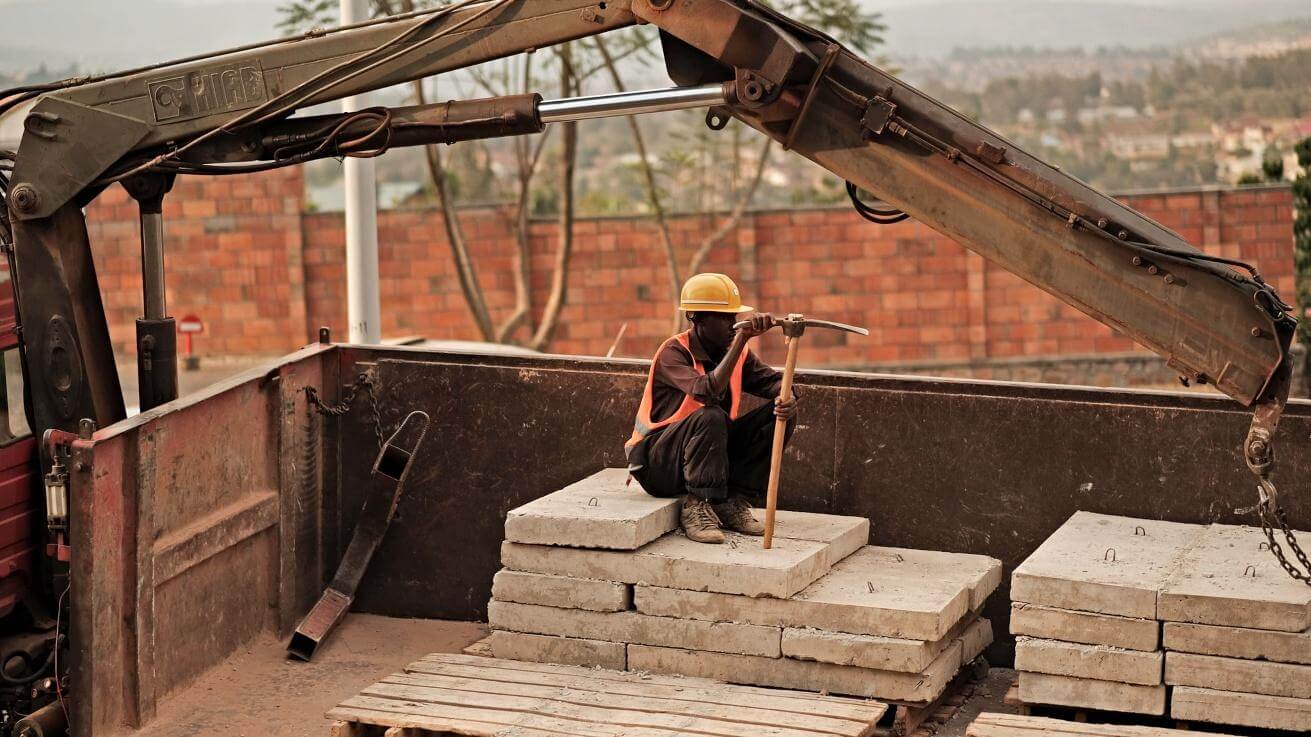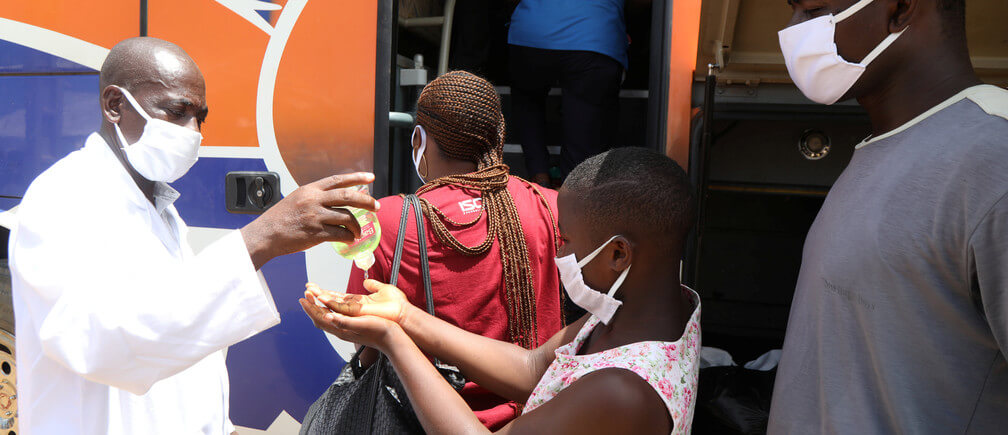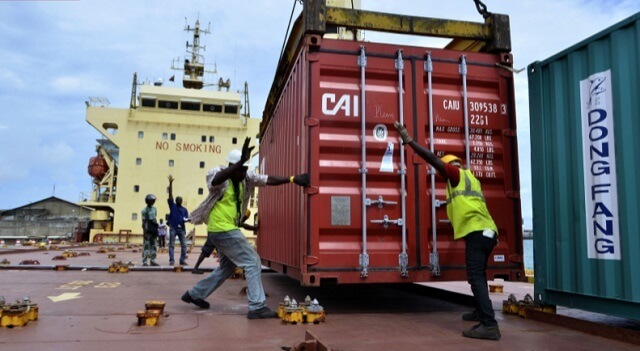NAMANGA, Kenya — They haul food, fuel and other essential supplies along sometimes dangerous roads during tough economic times. But Africa's long-distance truckers say they are increasingly being accused of carrying something else: the coronavirus. While hundreds of truckers have tested positive for the virus in recent weeks, the drivers say they are being stigmatized and treated like criminals, being detained by governments and slowing cargo traffic to a crawl. That has created a challenge for governments in much of sub-Saharan Africa, where many borders remain closed by the pandemic, on how to strike a balance between contagion and commerce. Countries are struggling to reach common ground. “When I entered Tanzania, in every town that I would drive through, they would call me, ’You, corona, get away from here with your corona!’” said Abdulkarim Rajab, a burly Kenyan who has been driving trucks for 17 years and recalls when drivers were being accused of spreading HIV during that outbreak. Rajab and his load of liquefied gas spent three days at the Kenya-Tanzania border, where the line of trucks waiting to be cleared stretched into the distance and wound around the lush hills overlooking the crossing at Namanga. Tanzania closed the border there this week, protesting Kenya's efforts to re-test all incoming truckers, including those who even had certificates showing they had been tested in the previous 14 days. It was the second time the frontier was closed in less than a month and was taken after many Tanzanian truckers with...
Africa’s Essential Truckers Say They Face Virus Stigma
Posted on: June 12, 2020
Posted on: June 12, 2020



















